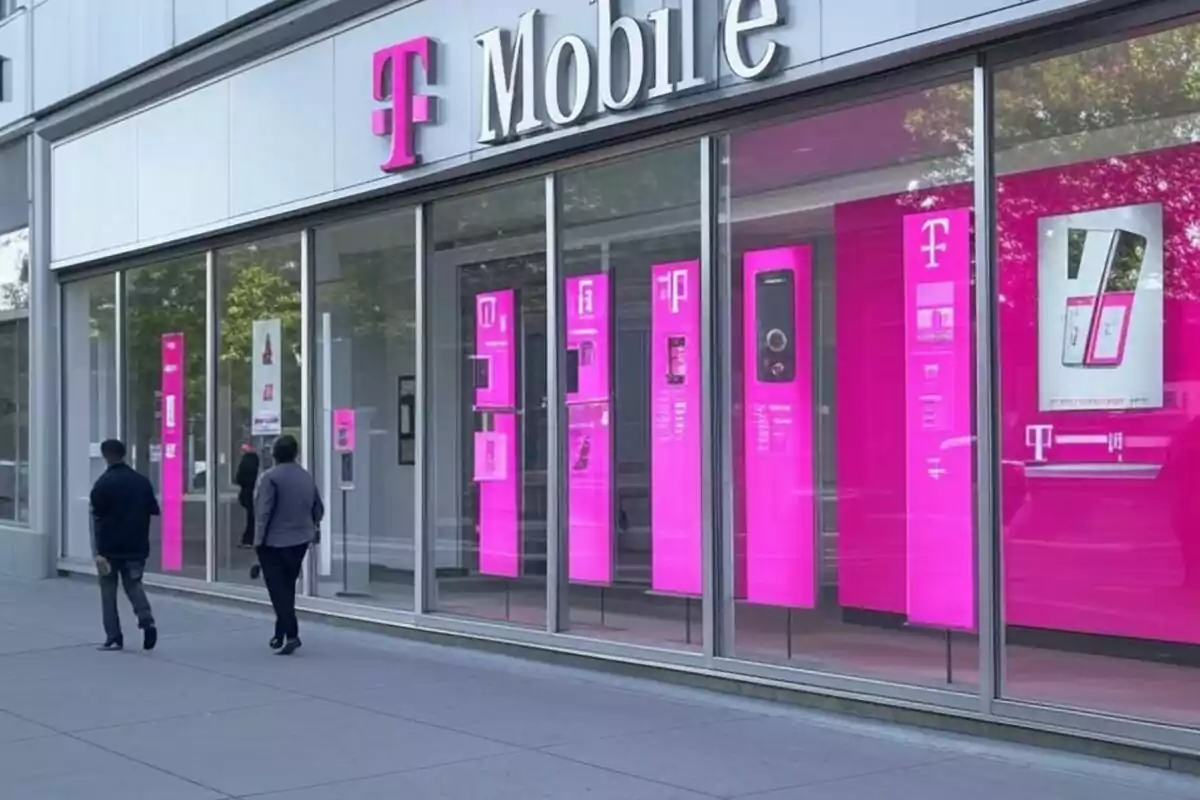
Hard Blow for Verizon, AT&T, and T-Mobile: Millions of Americans, KO
The Three Major Operators See How Private Wireless Networks Are Gaining Prominence Over Time
The telecommunications giants Verizon, AT&T, and T-Mobile have just received a blow that could mark a turning point in their position within the market. Although these companies remain essential for millions of users and businesses that depend on their wireless networks, a new trend is beginning to overshadow them. It is the accelerated growth of private wireless networks.
These networks, although not very common yet, are steadily gaining strength. They are independent systems that only allow access to authorized users, offering greater security and control. They are an alternative that many companies and organizations are starting to view favorably.
This poses a serious problem for major operators like T-Mobile, Verizon, and AT&T. Private networks are not only more secure than public networks, but they are also highly customizable. This makes them ideal for specific sectors like mining, ports, the military, or hospitals, where privacy and connection efficiency are essential.

Additionally, they are easier to scale than traditional Wi-Fi and work very well in rural areas. There, the major operators don't always have coverage.
Verizon, AT&T, and T-Mobile Are Losing Prominence
For a long time, it was thought that this market wouldn't have a future. However, recent figures prove otherwise. According to data from the firm Dell'Oro, in 2025, sales of private 4G and 5G network equipment increased by more than 40%.
This already represents between 3% and 5% of all sales in this sector. The market is expected to grow between 15% and 20% each year until 2029.

The most concerning thing for AT&T, Verizon, and T-Mobile is that, at the same time, the public network market is expected to start stagnating. In fact, it is estimated that this sector could decrease by 1% during the same period. In other words, what is growing is not the entire pie, but the part that corresponds to private networks.
Companies like Huawei, Nokia, and Ericsson are leading this new terrain, especially in large-scale private networks. In the case of smaller installations, like university campuses or hospital centers, Nokia is at the forefront. Although some mobile operators are trying to adapt, the advance of these new models is unstoppable.
What once seemed like a distant threat has become a reality that is already affecting the giants. If they don't react quickly, companies like T-Mobile, Verizon, and AT&T could continue losing prominence in a sector where they were indisputable.
More posts: